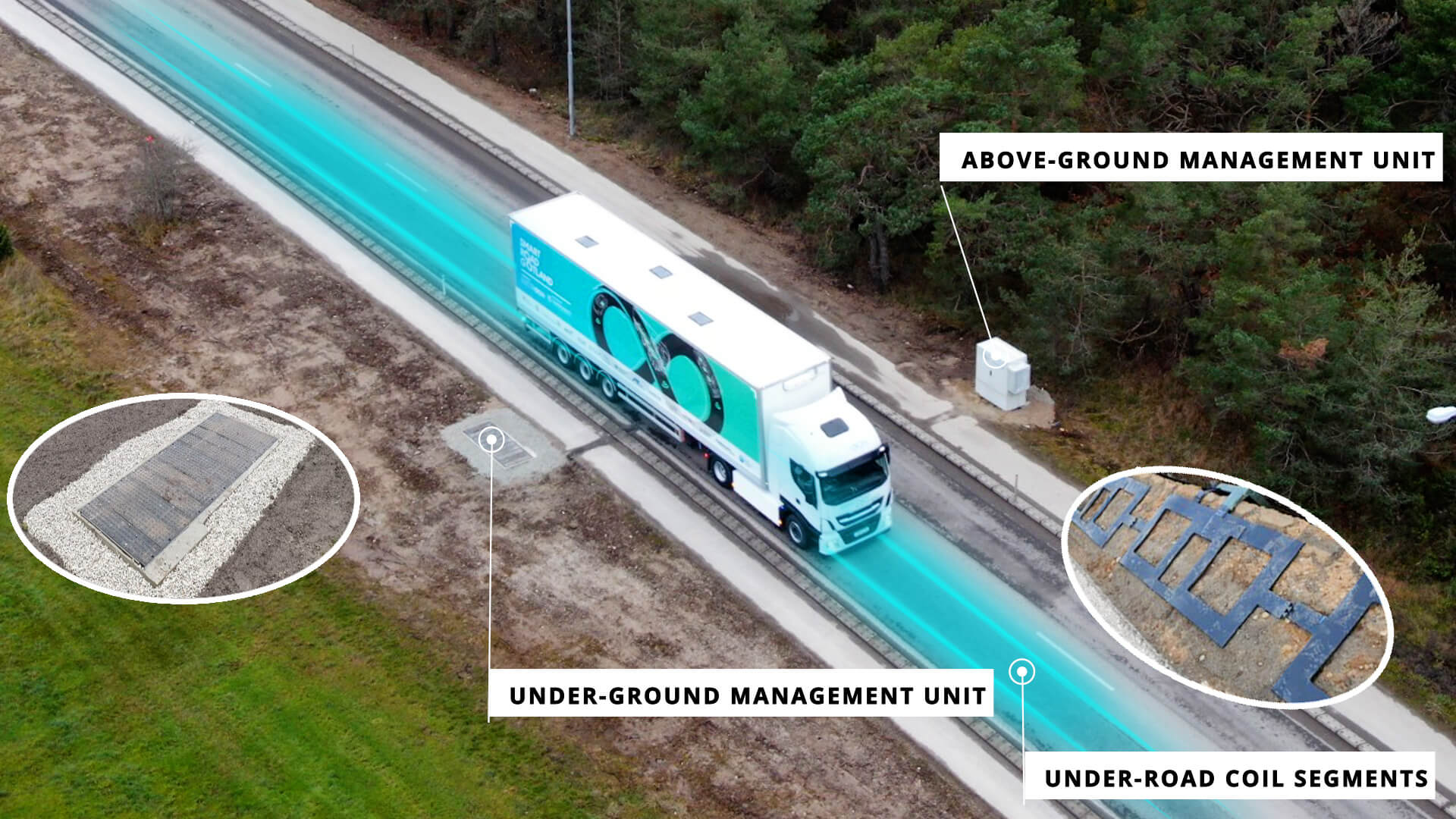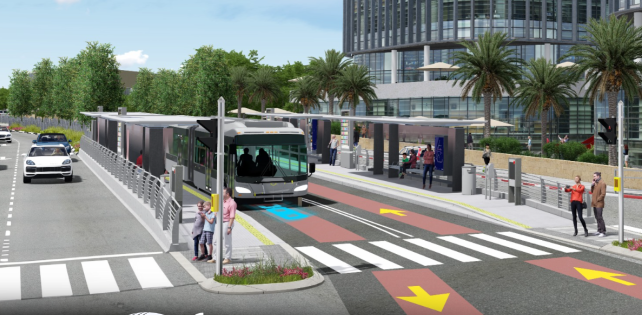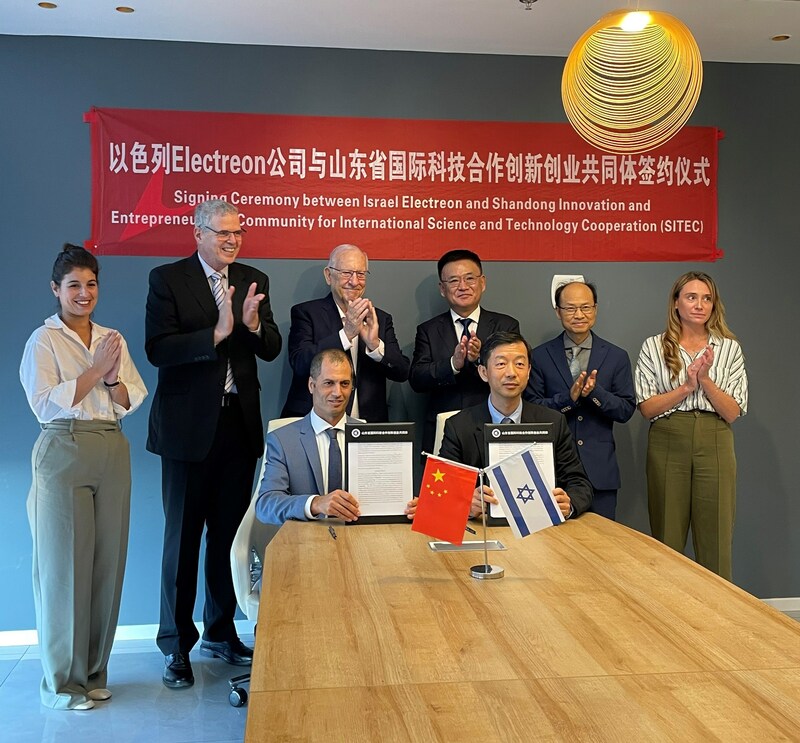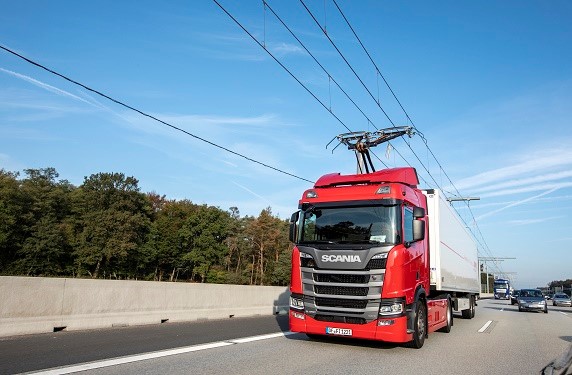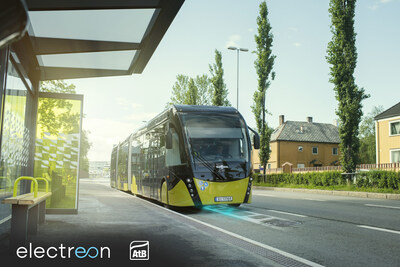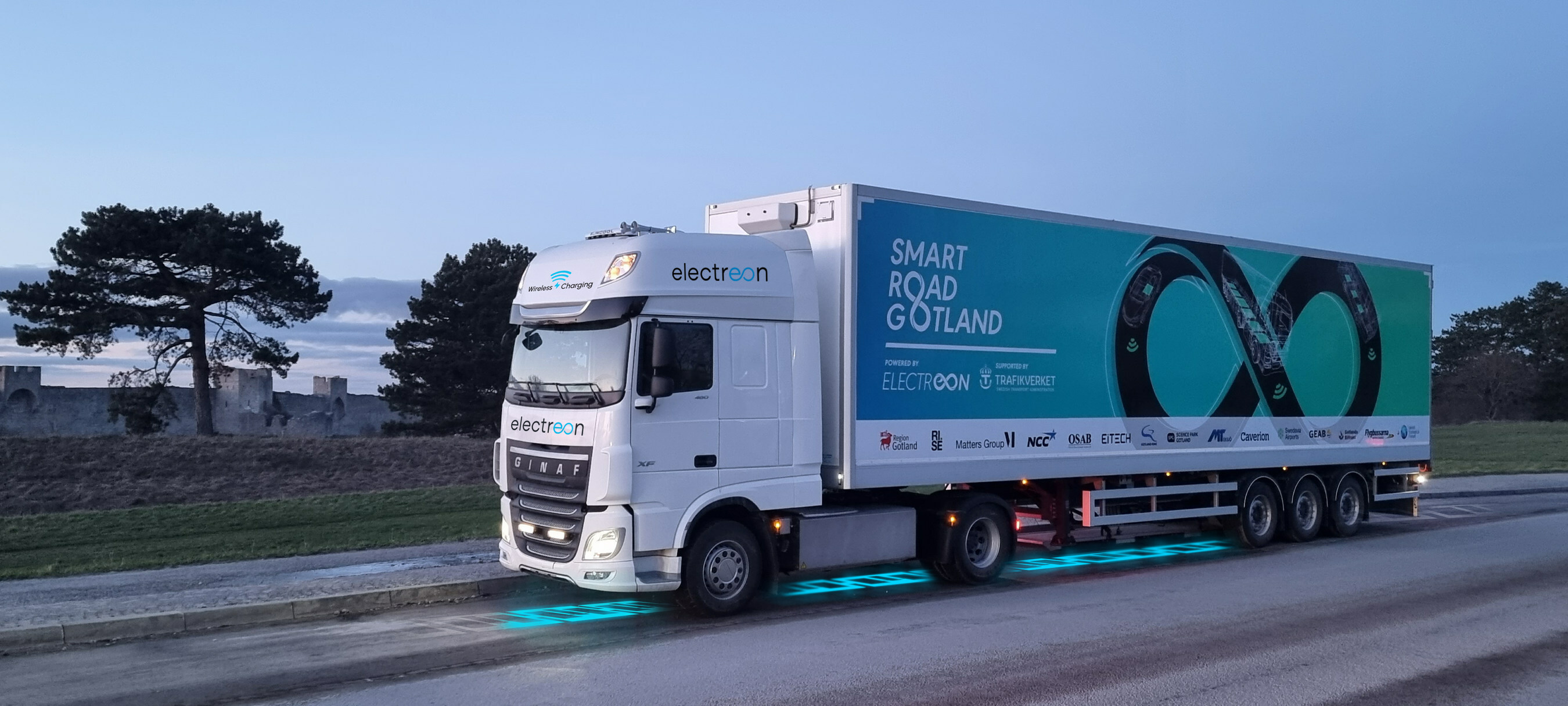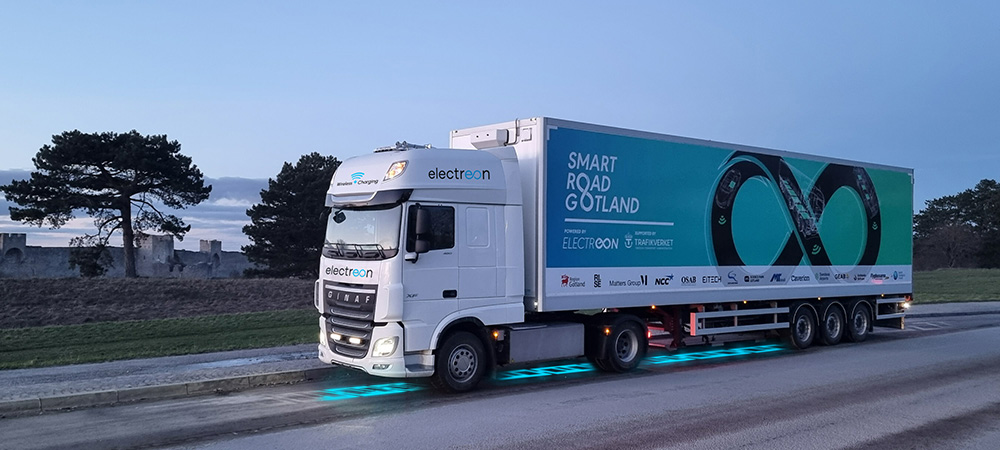
Bpifrance, together with the relevant French Ministries, selected Electreon and its consortium partners for the project on a section of the A10 highway, south west of Paris as part of its strategy to promote decarbonized mobility. The consortium is led by Vinci Autoroutes with several additional partners to Electreon – Vinci Construction, Hutchinson, and Gustave Eiffel University.
In this project Electreon will unveil its next-generation product with significantly increased power transfer capacity, additional software features such as real-time monitoring, and an even more robust architecture; specifically designed for dense traffic corridors on public highways. The company will deploy both a two-kilometre dynamic wireless charging road and a stationary wireless charging station. This charging infrastructure will support all vehicle types and classes. Electreon will provide a 40-ton truck as well as a bus and will invite multiple leading automotive partners to benefit from the company’s new product capabilities.
The initial phase of the project will focus on charging commercial e-fleets while they drive. However, the goal is to deploy the electric road system across all major French roadways to decarbonise passenger and freight transport, and the heavy-trucking industry; and to support all types of EVs, including trucks, coaches, utility vehicles, and passenger vehicles, to be able to charge seamlessly while driving on an open highway in France.
The selection of Electreon as tender winners, together with its consortium partners, follows the France’s Transportation Ministry 2021 study on the most efficient and sustainable large-scale technologies and strategies to achieve net-zero transport emissions. The study concluded that if deployed at large scales, the electronic road system could reduce CO2 emissions from road freight transport by 86% compared to diesel. Without ERS, electric heavy-duty trucks would have to be equipped with extremely large batteries and stop to charge at high-power charging stations. The study also proposes a plan to deploy electric road systems over nearly 5,000 km by 2030, and nearly 9,000 km by 2035, highlighting the critical importance of the technology as a significant piece of the puzzle to achieve net zero road emissions, focusing on freight and heavy-trucking industries.
This tender announcement is a big win for Electreon, the consortium partners and the French public; as the transportation sector represents one-third of France’s greenhouse gas emissions, and 95% of these emissions come from road transport. Almost 90% of goods are transported by road, and the French government’s projections as part of the National Low Carbon Strategy show that this portion will remain the lion’s share in the coming decades; even with the increased use of rail freight and optimization of logistics flows. Therefore, it is essential to decarbonize heavy goods vehicles; mainly through electrification, which represents a major challenge for long-distance logistic fleets.
Electreon’s dynamic wireless charging technology has entered its fully-commercial and industrial phase and is the subject of numerous demonstrations, deployments and commercial projects worldwide; most notably in Israel, Germany, the United States, Italy, Sweden, and Norway.



